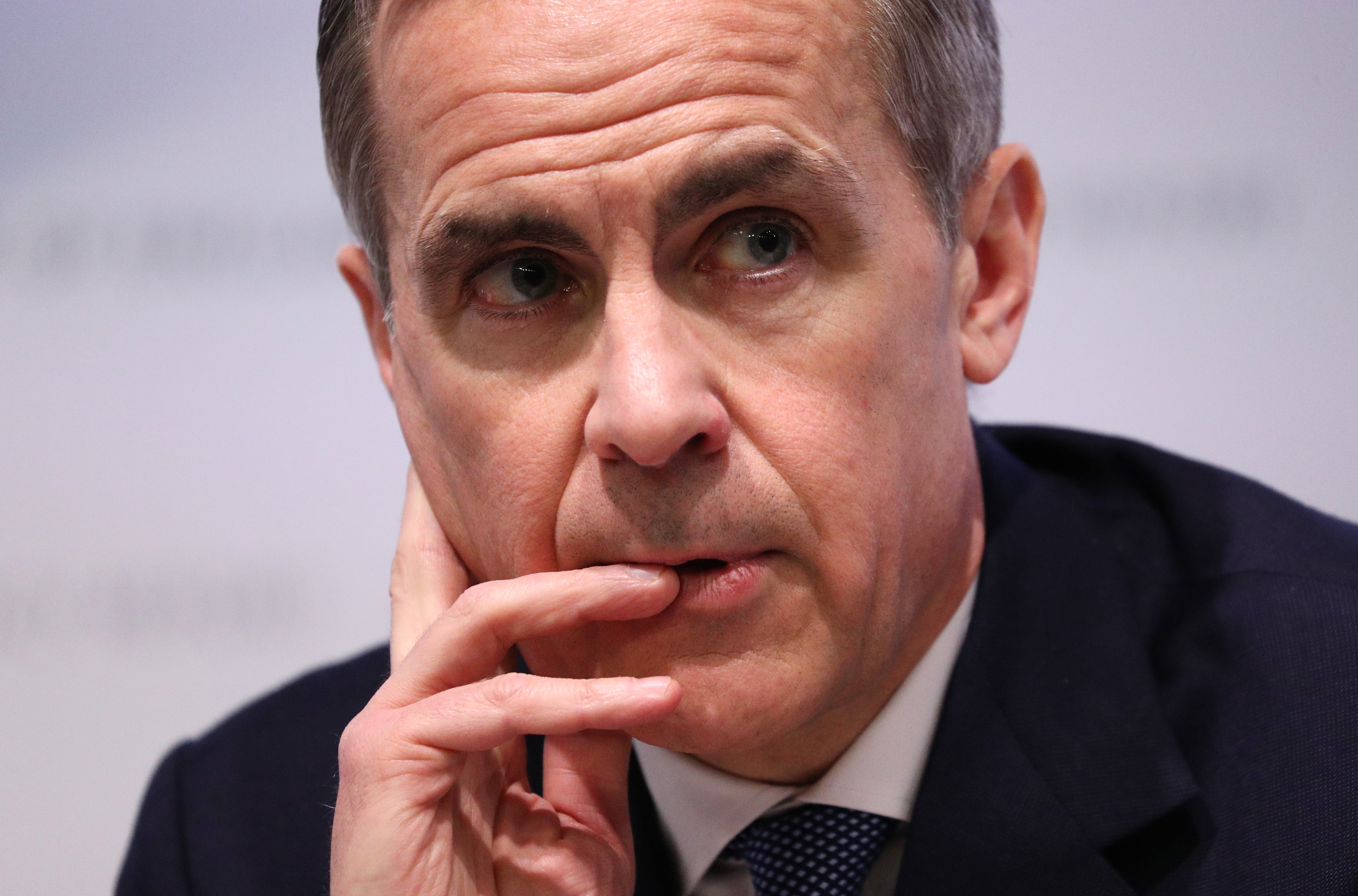Carbon offsetting could be worth £100bn, Carney claims
Carbon offsetting has come under fire from environmental campaigners but the former Bank governor predicts the market could grow to $150bn a year.

Your support helps us to tell the story
From reproductive rights to climate change to Big Tech, The Independent is on the ground when the story is developing. Whether it's investigating the financials of Elon Musk's pro-Trump PAC or producing our latest documentary, 'The A Word', which shines a light on the American women fighting for reproductive rights, we know how important it is to parse out the facts from the messaging.
At such a critical moment in US history, we need reporters on the ground. Your donation allows us to keep sending journalists to speak to both sides of the story.
The Independent is trusted by Americans across the entire political spectrum. And unlike many other quality news outlets, we choose not to lock Americans out of our reporting and analysis with paywalls. We believe quality journalism should be available to everyone, paid for by those who can afford it.
Your support makes all the difference.The carbon offsetting market could be worth 150 billion US dollars (£109 billion) a year but is being held back by “inconsistency” and “fragmentation”, according to a former governor of the Bank of England.
The controversial practice of carbon offsetting allows firms to drive down their overall carbon footprint by promising to spend cash on initiatives like reforestation, renewable energy infrastructure, and methane collection and combustion.
But Mark Carney claimed the growth of the offset market would be a crucial part of achieving net zero goals.
Speaking at the Sibos financial services conference on Thursday night, the UN special envoy and former Bank governor said its potential has been so far been hindered.
He said: “This market is only about one billion dollars (£730 million) a year and it’s fragmented, it’s inconsistent.
This is a 100 billion to 150 billion dollars-a-year market if we get it right, and the only way we get it right is if it's high integrity
“This is a 100 billion to 150 billion dollars-a-year market if we get it right, and the only way we get it right is if it’s high integrity.”
Mr Carney acknowledged criticism that carbon offsetting is being used as a vehicle for “greenwashing”, where firms use offsetting projects to cover inaction.
He said: “Those who purchase the offsets need to be part of the solution. They can’t be buying ‘indulgences’ for instance.”
Adoption of carbon offsetting by firms like Microsoft would provide a boost to the market, Mr Carney said, as executives will enforce rigorous standards and monitoring on the delivery of these projects.
A new independent body was announced this year to regulate the practice of carbon offsetting amid fears that firms are using it as a get-out-of-jail-free card on carbon emissions.
But the plans drew backlash from environmental campaigners.
Charlie Kronick, senior climate campaigner at Greenpeace UK told the Guardian earlier this year: “This plan fails to get to grips with the real challenges of carbon credits – it’s a trader’s charter, written by and for the companies that want to buy and sell pollution, not cut it.”
Mr Carney came under fire again last week when 90 environmental groups placed adverts in the Financial Times and Toronto Star urging him to “stop greenwashing financial institutions that continue to invest in expanding fossil fuel infrastructure”.
The groups said the Glasgow Financial Alliance for Net Zero (GFANZ) set up by the former Bank governor does not require firms to submit detailed plans to reduce fossil fuel investments and does “not rule out reliance on discredited offsetting schemes and other unproven carbon dioxide removal technologies”.